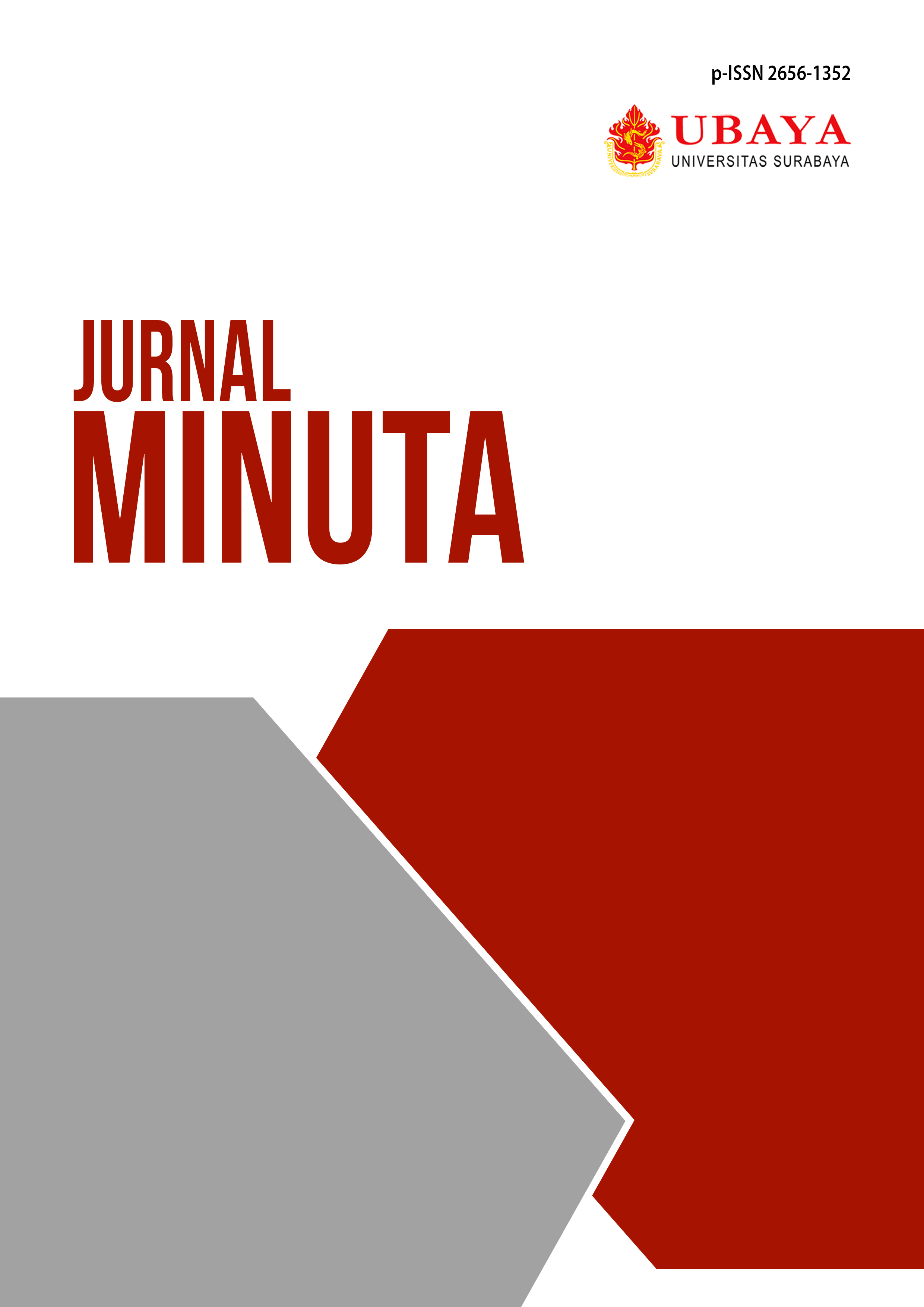Unsur Sengaja pada Tanah Yang Tidak Dipergunakan Atau Dimanfaatkan dalam Perspektif Hukum Administrasi Pertanahan
 Abstract Views:
87 times
Abstract Views:
87 times
 PDF Downloads:
59 times
PDF Downloads:
59 times
Abstract
Land plays a strategic role in Indonesia’s national development as both a livelihood and a constitutional
mandate. However, the prevalence of abandoned land—over 99,099 hectares officially designated, and 854,662
hectares identified—raises critical legal concerns. Government Regulation No. 20 of 2021 on the Control of
Abandoned Areas and Land aims to address this issue through administrative means yet introduces
interpretative challenges surrounding the legal element of “intentionally” not utilizing land. This article
examines the juridical interpretation of the “intent” requirement in determining whether land is deemed
abandoned. The absence of a clear, objective definition of “intentionally” poses legal uncertainty and the risk of
arbitrary state action that may infringe upon constitutionally protected land rights. Through normative
juridical analysis, this study argues that the subjective nature of “intent” must be clarified by observable
indicators, such as prolonged inaction, overgrown physical conditions, or documented administrative neglect.
The research further highlights potential contradictions in implementation, including unequal treatment
between state-held land and privately held plots. In conclusion, while abandoned land policies are essential for
equitable agrarian reform, the state must ensure legal certainty, procedural safeguards, and proportional
interpretation of "intent" to uphold agrarian justice and constitutional property rights. The paper recommends
technical guidelines for determining intent and emphasizes the importance of due process before revoking land
rights under the pretext of abandonment.
Downloads

This work is licensed under a Creative Commons Attribution-ShareAlike 4.0 International License.
All articles published in MINUTA are licensed under a Creative Commons Attribution-ShareAlike 4.0 International (CC BY-SA) license. This means anyone is free to copy, transform, or redistribute articles for any lawful purpose in any medium, provided they give appropriate attribution to the original author(s) and MINUTA, link to the license, indicate if changes were made, and redistribute any derivative work under the same license.
Copyright on articles is retained by the respective author(s), without restrictions. A non-exclusive license is granted to MINUTA to publish the article and identify itself as its original publisher, along with the commercial right to include the article in a hardcopy issue for sale to libraries and individuals.
Although the conditions of the CC BY-SA license don't apply to authors (as the copyright holder of your article, you have no restrictions on your rights), by submitting to MINUTA, authors recognize the rights of readers, and must grant any third party the right to use their article to the extent provided by the license.

 DOI:
DOI:







